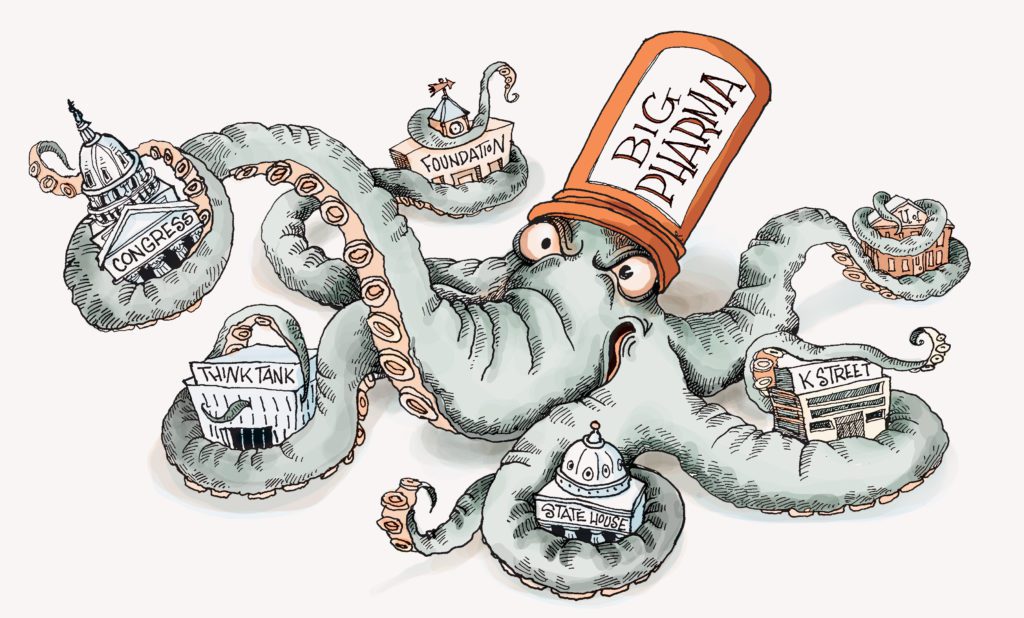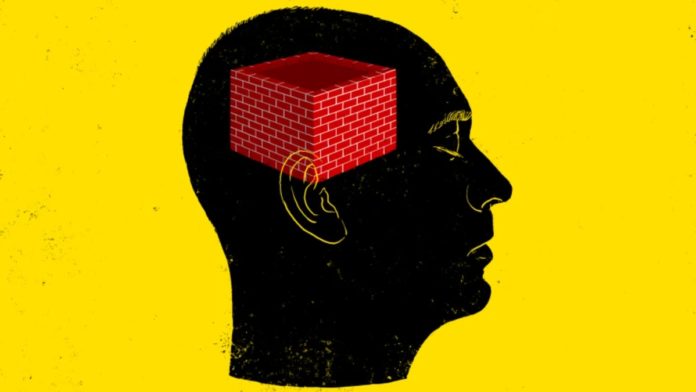The drug warrior holds many logic-challenged assumptions, but one of the worst in terms of its human consequences is the notion that withdrawal from illegal substances must necessarily be hell.
Really? How would we even know? No one with pharmacological savvy has ever been free to use psychoactive plants in America, shaman-like, with a specific addict in mind. Who knows what would be possible if every psychoactive plant were at hand to be employed advisedly in improving the mental output and resilience of a specific individual?
What exactly is addiction, anyway? Whence comes this hell of which we speak? It is the result of the body screaming bloody murder for want of a substance to whose presence it has become accustomed.
Well, an answer to that problem readily suggests itself, albeit one that’s sure to rub the Christian Scientists among us the wrong way: that of fighting fire with fire: treating the addict with psychoactive substances that push back against and obfuscate the hellish withdrawal symptoms as they seek to “get off of” their poison of choice, a plant substance that will attempt to shout “feel good!” every bit as loudly as the withdrawal symptoms are shouting “feel bad!” If such treatment cannot totally suppress the negative physiological symptoms of withdrawal, then it can at least render them psychologically bearable thanks to the positive attitudes induced by the ritual use of entheogens carefully chosen for that purpose according to the facts of the case.
Absent our prudish drug war assumptions, we could even find a variety of substances that positively ELATE the addict at set intervals, thus giving the patient something to look forward to during the most negative emotions of withdrawal, since I speak from experience in saying that the real hell of withdrawal is the feeling that the negative feelings will never end — and we can palpably teach the patient otherwise with what we might call (at the risk of irritating the puritan) the occasional administration of “feel good” entheogens to remind them that happiness still exists in the world, that everything is not merely grey skies and drizzle, now and for all time.
This is the process of fighting bad drugs with more drugs (as Google fights bad speech with more speech), a paradigm in which the pharmacological artist that I envision (the replacement for yesterday’s pill-peddling psychiatrist) would drown the addict’s negative physiological reactions to withdrawal in a sea of positive feelings engendered by yet other carefully chosen psychoactive substances, such that the entire withdrawal process can take place without the addict experiencing the intense psychological suffering that we have hitherto concluded was the addict’s due.
Presumably the drugs used for this purpose would be non-addictive, either by nature or by dint of their carefully timed administration. That said, we have no right to denounce such a cure should it lead to a new addiction, provided that the new addiction is, as is to be expected, one with which the patient can live a productive life. Psychiatrists have for decades now administered pills that their patients are required to take daily for a lifetime, so psychiatry has no leg to stand on in denouncing medications for requiring daily or weekly administration (whether that medication be Effexor or opium). The question only is: is that addiction something that the patient is both willing and able to live with?
But the patient should be free of all “drugs,” you say? Fine. That’s your opinion, based on your philosophical assumptions about what constitutes the good life. The decision is up to the addict, based on their own metaphysics, thank you very much. But should the addicts themselves choose this “drug-free” course, more power to them, for there are an almost endless number of possible entheogen-assisted therapies that, singly or in aggregate, have every chance of achieving this hitherto improbable goal. But we can’t make such therapies available until we renounce an unscientific and anti-patient drug war that stops us from merely even investigating such cures.

Funny how the drug war is all about words: Big Pharma pills require daily “administration,” but drugs like cocaine and heroin require daily “fixes.” It’s not the actions that repel us – we can take Prozac and Effexor daily until the cows come home — but the disdainful connotations that we selectively impose upon those actions as a drug war society.
In short, there is a vast world of treatment options out there for the so-called “addict” once we envision a free world in which a highly trained empath can customize psychoactive protocols to meet the needs and goals of specific individuals. But until government gives that freedom back to the medical world, we have no business opining on the supposed intractability of the addiction problem, since the inadequacies of the current approaches can all be explained with reference to the drug warriors’ ongoing efforts to drastically limit the pharmacological arsenal with which we might otherwise respond to this problem.
The problem itself may well be solvable – should the government ever be so magnanimous as to give us renewed free and unrestricted access to the plants and fungi that grow at our very feet. Funny. And I used to think that such access was my birth right as a resident of planet Earth, ensured via natural law, which, at least until the Harrison Narcotics Act of 1914, was supposed to trump common law in America.
Yet many addiction specialists believe today that detox can’t be detox if it doesn’t include muscle spasms, cold sweats, fever, vomiting, paranoia, and insomnia.
What’s the customary process for detox in anti-scientific America? Dump the patient on a cot, monitor them as they go through hell for three days, charge them through the roof, and then let them go.
How dare we consign these sufferers to such hell when there are psychological balms out there by the thousands, all of which we have been intimidated into ignoring thanks to the drug war?
This will surely seem like the barbarous neglect that it is in some future enlightened era in America, when both drug and liability legislation is reformed to allow for the highly personalized treatment of drug addiction, wherein a pharmacologically savvy empath can choose freely from an entire world of therapeutic plant medicines to minister to the mind and soul of the addict, beginning with ibogaine, ayahuasca, psilocybin — to encompass the thousands of psychoactive plants that seem custom made to reboot broken lives, psychologically speaking.
Another reason why detox doesn’t work: Because psychology does not recognize the value of entheogenic transcendence. They therefore dismiss the phenomenon of “getting high” with the drug warrior conviction that it is mere hedonism. Instead, they should recognize the reality of a search for transcendence in all human beings (a search for “escape,” if the therapist prefers that prejudicial and assumption-laden term) and provide that for the patient, through one of the many psychoactive plants that can provide that experience.
Instead, they assume that the whole challenge of detoxification is to stop the patient from “getting high,” an approach that it is all stick and no carrot. It ignores the fact that the addict’s drug use had a purpose: namely, self-transcendence, rashly assuming that this spiritual quality can be safely dismissed as mere hedonism (which, admittedly, even the user may do, but only because they lack the self-awareness to linguistically parse their drug experience with any degree of nicety). And so the therapists wring their hands, wondering why there are so many relapses in the world.
Better yet, we can nip counterproductive addictions in the bud by abolishing the Drug Enforcement Agency altogether and replacing it with a Drug Education Agency, an organization which will report objectively on the specific addiction profile of every known psychoactive substance in the world, clearly indicating when and how such substances become addictive (based on real statistics, not politically-inspired guesstimates), so that those who decide to use the plants of Mother Nature for psychological healing are enabled to do so advisedly, without having to rely on the superstitious propaganda of so-called anti-drug organizations who do everything they can to paint illegal plants as substances from hell.
